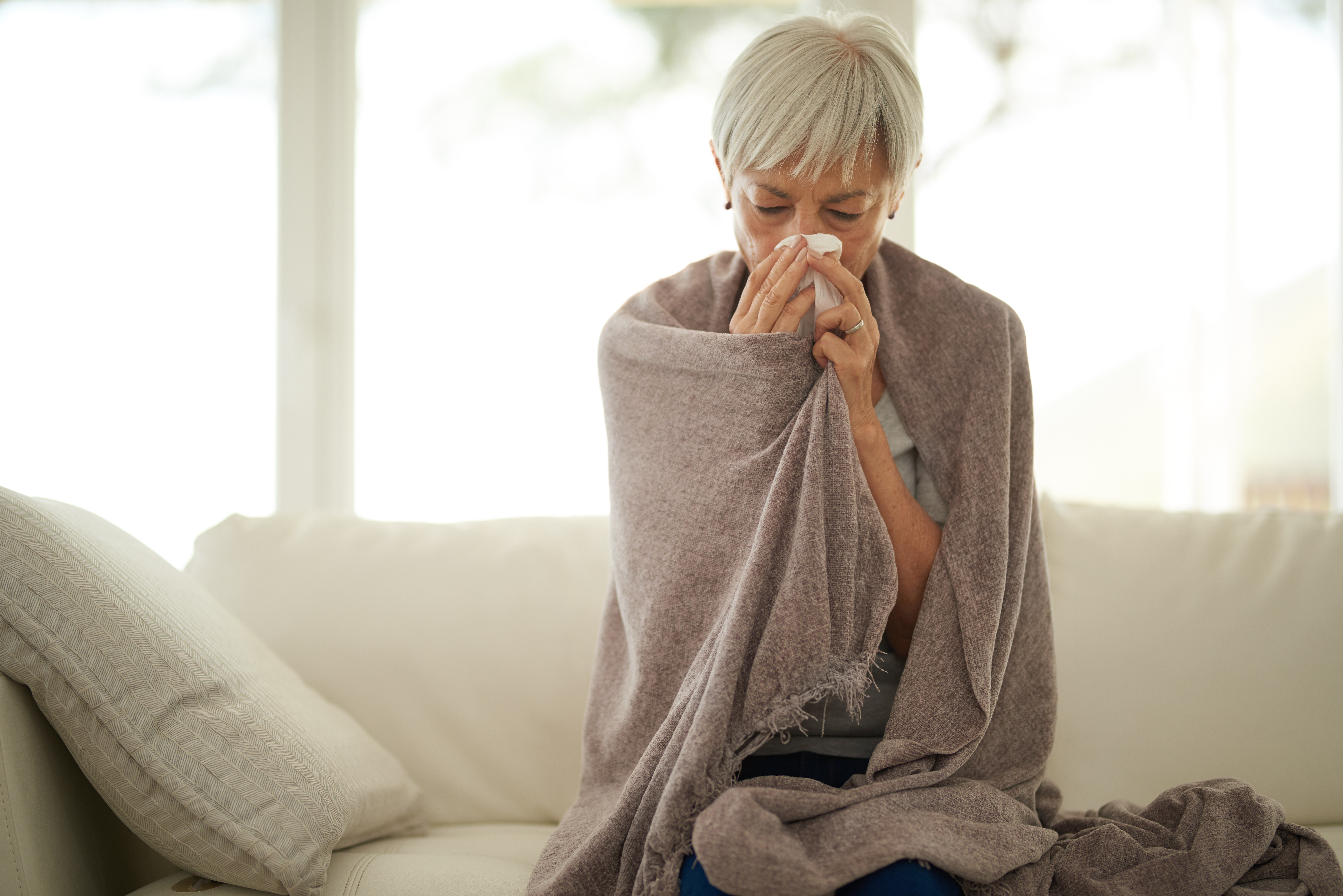With new information about the novel coronavirus being released every day, questions are mounting about common terms related to the virus. Here's a list of commonly used words and phrases to help you better understand the global pandemic.
Coronavirus and COVID-19
The terms coronavirus and COVID-19 are often used interchangeably, but the two have different definitions. Coronaviruses are a “large family of viruses” that cause a range of illnesses, according to the World Health Organization. Different strains of coronaviruses lead to different illnesses, and the new strain of coronavirus – also referred to as the novel coronavirus – has led to the disease COVID-19. COVID-19 has infected thousands of people across the country and more than 100,000 across the world.
Going into word origin, “corona” is the Latin word for wreath or crown, and “virus” is the Latin word describing an “infective agent.” 'Coronaviruses' are subsequently named for the "crown-like" spikes on their surface.
Incubation Period
Incubation period refers to the time elapsed between exposure to an infection and the appearance of the first symptoms. The incubation period for COVID-19 is two to 14 days, according to the Centers for Disease Control and Prevention.
Asymptomatic and Symptomatic
A person who is asymptomatic does not show signs of carrying a disease. A person who is symptomatic does show signs of having an illness. With COVID-19, those symptoms include fever, cough and shortness of breath.
‘Presumptive positive’ case
A “presumptive positive” case is one that has been confirmed by state health agencies, but has not been confirmed by the CDC.
Outbreak/Epidemic/Pandemic
An epidemic is an increase in the number of cases of a disease in a specific population. Epidemics are often sudden, according to the CDC.
An outbreak is the same as an epidemic, but refers to a “more limited geographic area,” according to the CDC. The novel coronavirus, for example, began as an outbreak in Wuhan, China.
A pandemic is an epidemic that has spread across multiple countries or continents. The WHO defines it as “the worldwide spread of a new disease.”
On March 11, the WHO officially declared the novel coronavirus a global pandemic.
Quarantine, Self-Quarantine, Isolation
The CDC defines isolation as separating those with a contagious disease from those who aren't sick. Quarantine, on the other hand, is the separation of people who may have been exposed to a contagious disease.
With coronavirus, the recommended period to self-quarantine is 14 days.
The CDC is asking anyone who may have been exposed to the novel coronavirus – i.e., those who have been in close contact with someone who has tested positive, or someone who has traveled to China, Italy, South Korea, Iran, or Italy – to self-quarantine. A person who is not showing any symptoms may still self-quarantine to prevent potential spread of the disease.
To reiterate: Being quarantined or deciding to self-quarantine doesn’t necessarily mean that someone has coronavirus. It’s a way of restricting the movement of someone who is at risk for passing on the illness.
Anyone in self-quarantine is advised to stay in their own room, apartment, or house. They should use a separate bathroom (if possible), and avoid sharing towels, dishes and other items.
People in self quarantine should also refrain from engaging in activities outside of their home, including work, school, and social gatherings. Public transportation and/or ride-sharing services should also be avoided.
The CDC updates their Level 3 COVID-19 travel advisories page regularly. If you are returning from a Level 3 country, it is strongly recommended to self-quarantine.
Community Spread
According to the CDC, the definition of community spread is: “Spread of an illness for which the source of infection is unknown.” In other words, if there is uncertainty about how a person became infected with COVID-19, there is community spread.



